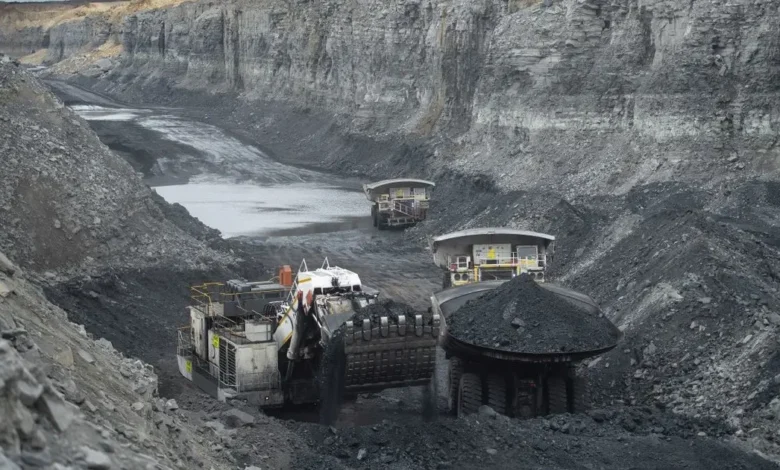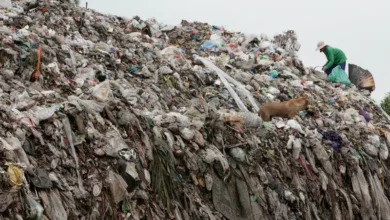Coal consumption to peak in 2023, but demise of dirtiest fuel to be slow: IEA

Global efforts to boost clean energy and rein in carbon emissions have had a clear impact on coal: consumption of the dirtiest fossil fuel is expected to peak this year.
Total consumption of coal will reach a record high of more than 8.5 billion metric tons this year, and then start a long, slow decline, according to the International Energy Agency. Demand is expected to slide to 8.3 billion tons by 2026, the agency said in its Coal 2023 report issued Friday.
“The turning point for coal is clearly on the horizon, Keisuke Sadamori,” the IEA’s director for energy markets and security, said in a briefing.
Coal remains the world’s biggest source of electricity, but surging installations of renewables are outpacing rising demand for power. While the planet remains under dire threat from climate change, moving away from coal will be a critical part of the global fight to reduce carbon emissions.
International climate negotiators struck an agreement to transition away from fossil fuels at the COP28 conference that ended this week in Dubai, marking a historic shift for the global energy mix.
The US and the European Union are driving the shift, with coal consumption set to slide in both regions by more than 20 percent from 2023 through 2026, according to the IEA report. However, demand in Asia is falling much more slowly. China uses more than half the world’s coal and will remain the key nation to watch; demand there is expected to slip 4.3 percent to 4.5 billion tons in 2026.
With demand waning, miners will slowly start to reduce output over the next several years. Total production is set to peak this year at 8.7 billion tons, and will decline 4 percent to 8.4 billion tons in 2026.
Despite these trends, the world remains very unlikely to limit global warming to 1.5C, the level that would avert the most catastrophic effects of climate change. IEA officials cheered the progress in moving away from coal, but said more work is still needed.
“We need a massive acceleration in clean energy,” Sadamori said.











